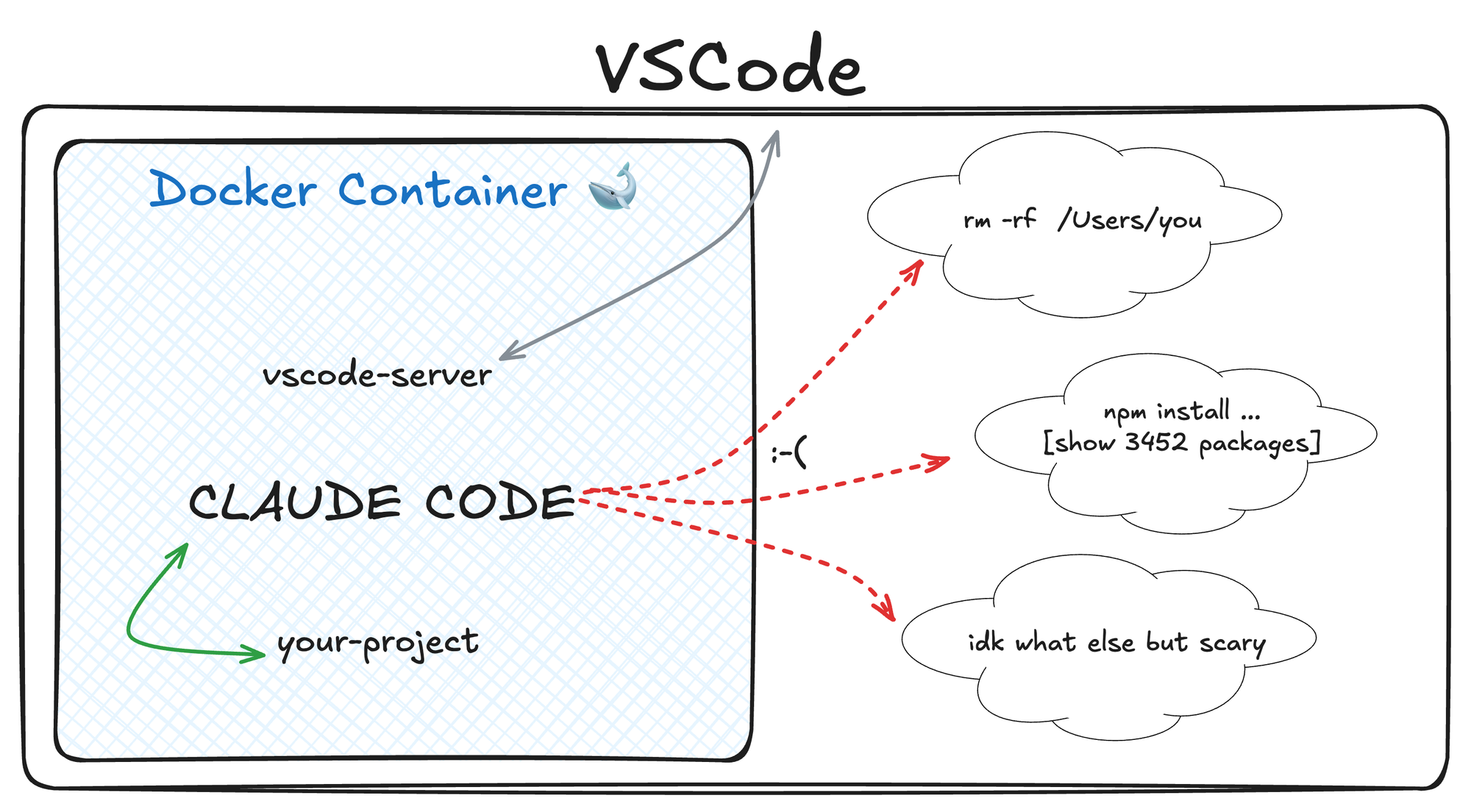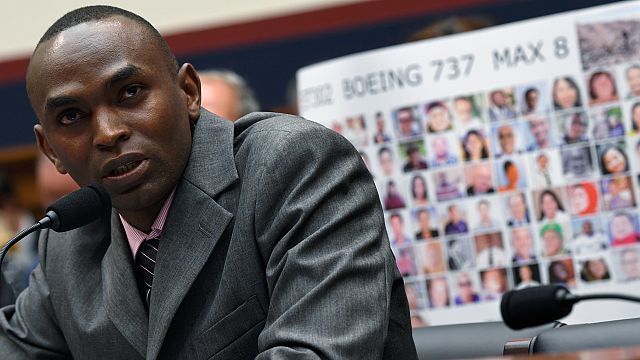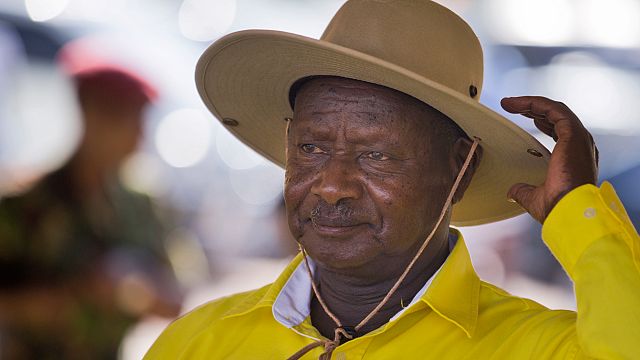Trump Threatens Steep Tariffs on Goods From E.U. and Mexico


President Trump announced in letters posted to social media on Saturday that he would place a 30 percent tariff on goods from the European Union and Mexico, upending months of careful negotiations and disrupting America’s economic relationships with two of its biggest trading partners.
Mr. Trump’s tariffs would take effect on Aug. 1, like those on many other trading partners.
But the letters to Mexico, America’s largest source of imports, and the European Union, a trading bloc of 27 nations that collectively make up the world’s third-largest economy, are notable. They marked a significant escalation aimed squarely at two of America’s closest and most pivotal trading partners.
Both economies do a huge amount of trade in goods and services with the United States. And both governments have been in intense negotiations with the United States, right up until Mr. Trump’s letters were sent.
Maros Sefcovic, the European Union’s trade commissioner, was in regular contact with the U.S. commerce secretary and trade representative. Ursula von der Leyen, the president of the European Commission, spoke to Mr. Trump. And until very recently, officials had hoped they were on the cusp of a deal.
E.U. policymakers had gradually come around to the possibility that the bloc could face 10 percent across-the-board tariffs on all goods sent to the United States, and were hoping to negotiate exceptions for important products. Many of the policymakers were eager to end the economic uncertainty that Mr. Trump’s trade announcements had unleashed on German carmakers, Italian wine exporters and Irish pharmaceutical companies alike.
But things changed with Mr. Trump’s announcement on Saturday of a flat 30 percent tariff, and his threat to make that rate even higher should the bloc retaliate.
“If for any reason you decide to raise your tariffs and retaliate, then, whatever the number you choose to raise them by, will be added onto the 30 percent that we charge,” Mr. Trump wrote in the letter, which echoed a form letter he has been sending out to many American trading partners announcing their tariff rate.
Mexican officials had also been in active negotiations. A delegation led by economy minister Marcelo Ebrard arrived in Washington on Friday to discuss an “integral agreement” with U.S. officials covering border security, migration, trade and water management.
After an intense volley of tariffs from the United States earlier this year related to Washington’s desire to curb the flow of fentanyl across the border, Mexican officials felt they had cultivated a more productive relationship with U.S. officials.
Mr. Trump placed a 25 percent tariff on all Mexican imports earlier this year, sparking an intense dispute. But the administration ultimately lifted most of those tariffs by exempting goods that trade under the United States Mexico Canada Agreement, the North American trade pact, which includes agriculture and other products. According to data from Mexican officials, about 87 percent of exports from Mexico to the United States are not currently subject to tariffs.
Mr. Ebrard said in a statement posted on social media Saturday that U.S. officials had told their Mexican counterparts that “as part of the profound change in the United States’ trade policy,” the Trump administration was going to send letters to all world leaders announcing new tariffs.
“We mentioned at the negotiating table that it was an unjust move and that we did not agree with it,” Mr. Ebrard. He said that Mexican officials would work to ensure that they had an alternative proposal that protects jobs and businesses on both sides of the border before the tariffs take effect Aug. 1.
Mexico’s president, Claudia Sheinbaum, said at an event on Saturday that she believed her administration would be able to reach a deal. “We know very clearly what we can work out with the government of the United States and what we can’t,” she said.
In a letter addressed to Mexico’s leader and posted to his social media platform, Truth Social, on Saturday, Mr. Trump said, “Mexico has been helping me secure the border, BUT, what Mexico has done, is not enough.” He blamed Mexico for the American fentanyl crisis, saying cartels had flooded his country with fentanyl and that “Mexico still has not stopped the Cartels who are trying to turn all of North America into a Narco-Trafficking Playground.”
In recent months, the Trump administration has taken aim at Mexican cartels and those it says work with the groups.
To avoid an earlier threat of tariffs this spring, Ms. Sheinbaum deployed 10,000 troops to the U.S.-Mexico border, building on recent efforts to curb migration by intercepting migrant caravans and busing migrants to places far from the border. Crossings have plummeted to their lowest level in decades.
She also announced a crackdown that has led to record fentanyl seizures, and agreed to extradite dozens of cartel operatives to the United States, breaking with Mexico’s previous stance on extraditing the leaders. And Mexico’s leaders imposed tariffs and restrictions on many Chinese imports.
Ms. Sheinbaum was broadly praised for her coolheaded approach to Mr. Trump, who called her a “marvelous woman” after the two spoke about tariffs in February and he offered Mexico an additional month to make gains.
Mr. Trump earlier this week announced that he would aim 35 percent tariffs at Canada — another key trading partner, and another nation that had hoped it might be closing in on a negotiated deal with the United States. And he has threatened to slap tariffs ranging from 20 to 50 percent on other nations, including Brazil, Japan and South Korea.
The latest round of levies underscores that Mr. Trump is willing to upend long-held relationships in his quest to rewrite the rules of global commerce. But for major trading partners, the question now is whether they will hit back.
Mexico has never retaliated against the United States, but officials have repeatedly said that they reserve the right to, and have analyzed which U.S. exports they could apply tariffs to.
Ursula von der Leyen, the president of the E.U. executive, said in a statement that Mr. Trump’s latest tariffs “would disrupt essential trans-Atlantic supply chains, to the detriment of businesses, consumers and patients on both sides of the Atlantic.”
She also threatened to hit back, though she did not make a retaliation sound like a foregone conclusion at this point, talking about the “proportionate countermeasures if required.”
The bloc had already prepared a retaliatory package in response to earlier tariffs, but had paused them to create leeway for negotiation. That retaliation would apply to some 21 billion euros (nearly $25 billion) worth of imports from the United States. The tariffs are scheduled to kick in at 12:01 a.m. Tuesday unless E.U. officials choose to suspend them.
“Of course, there are possibilities to react, but we don’t want to,” Kaja Kallas, the European Union’s top diplomat, said in an interview on Friday in Kuala Lumpur, Malaysia. “We don’t want to retaliate. We don’t want this trade war.”
In the run-up to Mr. Trump’s announcement, officials from the European Union had reiterated that their goal was to reach an agreement in principle, a sort of rough-draft trade plan that could serve as a basis for more detailed negotiations.
If the newly announced tariffs rates remain, however, “that means trade war,” said Jacob Funk Kirkegaard, a senior fellow at the economic think tank Bruegel in Brussels.
He did not think that Mr. Trump’s warning against retaliation would have much effect on the E.U.’s appetite to hit back. He said the best Europe can hope for is a situation in which many of America’s global trading partners retaliate, perhaps in a coordinated way, and Mr. Trump is pressured to strike a less extreme stance.
“They have consistently said they would defend themselves under the right circumstances,” he said. “Now those circumstances are here.”
Zunaira Saieed, Emiliano Rodríguez Mega and Annie Correal contributed reporting.
What's Your Reaction?
 Like
0
Like
0
 Dislike
0
Dislike
0
 Love
0
Love
0
 Funny
0
Funny
0
 Angry
0
Angry
0
 Sad
0
Sad
0
 Wow
0
Wow
0









































